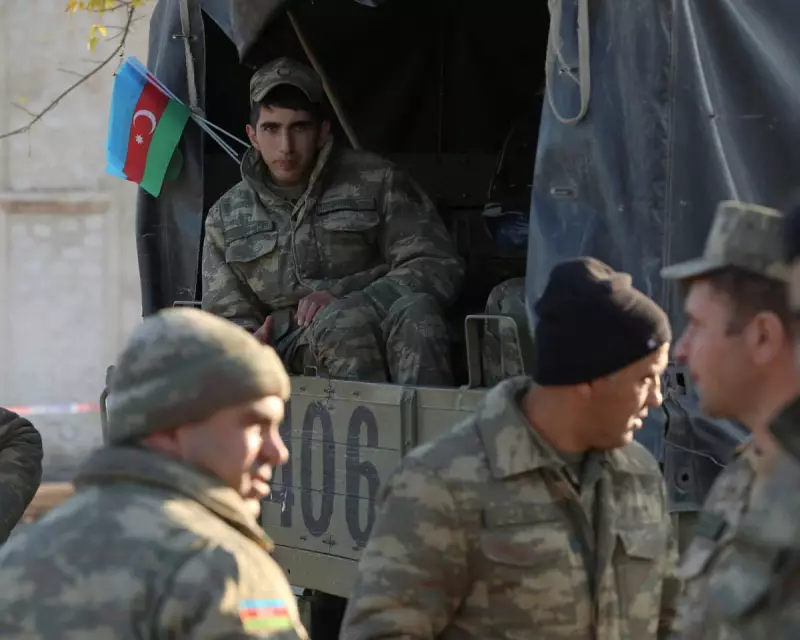
In a historic diplomatic breakthrough, Armenia and Azerbaijan have signed a long-awaited peace agreement, ending decades of hostility over the disputed Nagorno-Karabakh region. The deal was finalised during a high-profile summit hosted by former US President Donald Trump, who played a pivotal role in mediating the talks.
A Turning Point in the Caucasus
The agreement marks a significant step towards stability in the South Caucasus, a region long plagued by territorial disputes and sporadic violence. Both nations have agreed to a ceasefire, the withdrawal of military forces, and the establishment of a joint commission to oversee the implementation of the deal.
Key Provisions of the Agreement
- Ceasefire: Immediate cessation of hostilities along the border.
- Withdrawal: Armenian forces will pull back from specified areas in Nagorno-Karabakh.
- Economic Cooperation: Plans for cross-border infrastructure and trade initiatives.
- Refugee Return: Safeguards for displaced civilians to return home.
Trump’s Role in the Breakthrough
Former President Trump, known for his unconventional diplomatic approach, reportedly facilitated backchannel negotiations between the two nations. His involvement has drawn both praise and scepticism, with some analysts crediting his direct style for breaking the deadlock.
"This is a win for peace, not just for Armenia and Azerbaijan, but for the entire region," Trump stated during the summit's closing remarks.
Regional and Global Reactions
The international community has largely welcomed the agreement, with the EU and UN expressing cautious optimism. However, some hardliners in both Armenia and Azerbaijan have voiced opposition, raising concerns about potential unrest.
Experts warn that the real test will be in the implementation, as previous ceasefires have collapsed due to violations and mistrust.
What’s Next?
With the deal now in place, focus shifts to monitoring compliance and rebuilding war-torn areas. The joint commission, supported by international observers, will play a crucial role in ensuring lasting peace.
For now, the world watches as these long-time adversaries take their first steps toward reconciliation.





